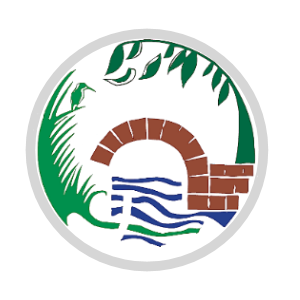Water Quality
We have 13 'hubs' of volunteer testers covering the whole catchment - 350 square miles, with over 100 regularly monitored test sites. Our volunteers look after their 'local' area, and are key to undertaking the testing and oversight of their sub-catchments. All our data from the three main types of monitoring are shared widely, both on our website and through the Water Rangers database. Information from our monthly chemical tests using the Water Rangers freshwater test kits, together with environmental observations are collected on site and uploaded either through the app or the web page for each site.
E.coli bacterial samples are processed weekly either in the community lab which we operate with the Zero testing hub group and Water Rangers in Guildford, or using the 'at home' R-Cards.
RiverFly results from regular monthly sampling are shown on our website, loaded into the Cartographer database, and shared through the Wey Landscape Partnership.
In addition to chemical checks, the presence/absence and abundance of certain freshwater invertebrates (often called macroinvertebrates) – the aquatic larval stage of various insects - can tell a story of a water body’s health. Because some invertebrates are more sensitive to pollutants than others, we can use them as “indicator species”.
Assessing the types of invertebrates found indicates something about the health of the water body they have been found in. For example worms can tolerate high levels of pollutants but some mayflies don’t tolerate even low levels of pollution. They also help describe when pollution events occur because some populations take a while to recover if they have been harmed by pollution.
Linking our work with a number of other groups along the river such as angling clubs, kayak, rowing and SUP boarding clubs, we are combining findings and understanding how and where the river environment and water quality is being impacted.
This supports the Riversearch Wardening scheme run by the Surrey Wildlife Trust, and our data are shared with Freshwater Watch, Water Rangers, and academic projects.
The Trust is a founder member of the Wey Landscape Partnership, working with a number of organisations who are involved with the health of the river and it's environs, including the Wildlife Trust, local and district Government, and South East Rivers Trust, water companies and the Environment Agency.
Surrey University have been particularly supportive and use these data we collect as part of their research programes.
Chemical and ecological RiverFly test results are shown on this page. The Trust established a Community Lab wiht Zero Guildford and Water Rangers to provide access to more complex tests, and bacterial sampling results for e.coli are shown here and can also be found on the Water Rangers pages
Chemical Testing
Invertebrate Sampling
Invertebrate (River Fly) samples showing a rolling 13 sets of results.
| Observation Scoring The Riverfly Project expected Target is an overall 7 for the water body. |
Count estimate | Rank | Quality Score Value |
| 1-9 | A | 1 | |
| 10-99 | B | 2 | |
| 100-999 | C | 3 | |
| > 1000 | D | 4 |

